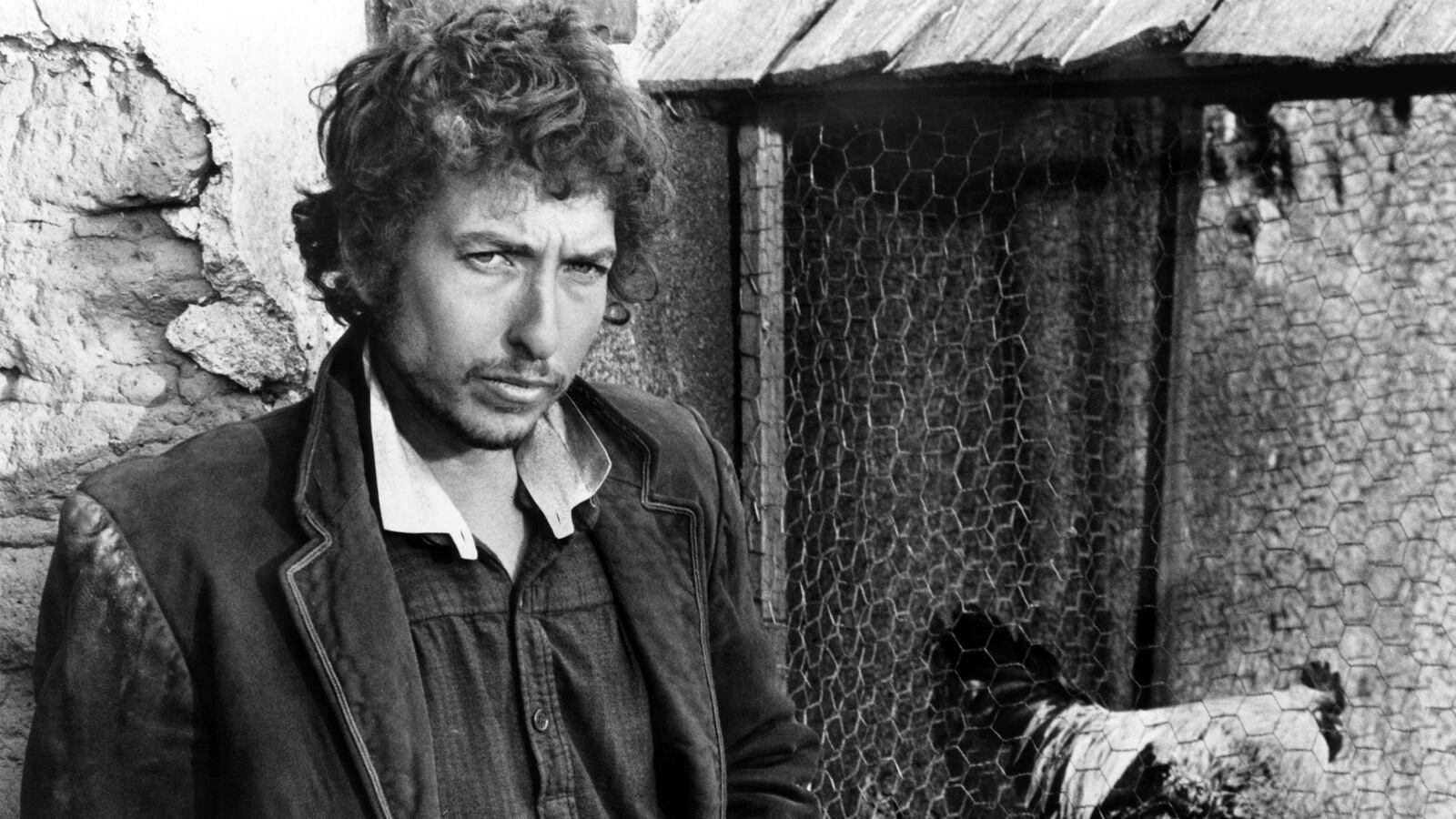Earlier this year the Wall Street Journal interviewed Debbie Harry and Chris Stein of Blondie on the subject of their 1978 single, ‘Heart of Glass.’
Mike Chapman, who had been brought in by their label to produce their third album, was there and said he had wanted to kick off the first rehearsal with a song the group felt really good about.
The one he picked was called ‘Once I Had A Love but he felt it needed tweaking.
“Originally, Debbie’s second line of the song was ‘Soon turned out, he was a pain in the ass,’” Chris Stein told the WSJ. “Mike thought that might not play well on the radio, so I threw out a phrase, ‘heart of glass,’ which everyone liked. Debbie worked it in as ‘Soon turned out, had a heart of glass.’ That’s the title we used on the song.”
In 2010 Rolling Stone ranked ‘Heart of Glass’ at 259 in their list of 500 top songs ever.
Rhyme seduces. Edward John Trelawny, the Cornish adventurer, wrote in Recollections of the Last Days of Shelley and Byron of telling Byron how highly he regarded his rhyming.
“If you are curious in these matters, look up Swift,” Byron said. “I will send you a volume; he beats us all hollow, his rhymes are wonderful.”
This material is on my front burner because--plug alert!--on Monday I shall be on-stage with Lorraine Leckie and her band in Pangea at 178 Second Avenue in New York, a congenial spot, although a smidgen smaller than the arenas that would be jam-packed by Blondie or Lord Byron.
We have been doing this double act--it’s called Rudely Interrupted--since Leckie, a terrific chanteuse, hammered some of my rhymes into songs, which she performs.
In between, I materialize and read rhymes untransformed by music.
You’ll note that I have avoided the word “poetry,” nowadays a word carrying too much baggage, weighed down by aspiration. ‘Rhyme’ is the word for me and any list of rhymers should include John Gay, whose The Beggar’s Opera (1728) was source material for Kurt Weill and Bertolt Brecht’s Rise and Fall of the City of Mahagonny.
Attention should be paid to rhyming at least partially intended for children, including Edward Lear, and Lewis Carroll’s verses, which could be at once surreal and cruel; also Harry Graham’s pitch-black and spot-on humor in Ruthless Rhymes for Heartless Homes. Which brings us up to Noël Coward, Cole Porter, Lorenz Hart. And you know what comes next. Yes, rock and roll.
First, a memory. It was the mid 70s, I had finally moved to New York a few months before and I was at a dinner on Houston given by writer friends, Carol Troy and Lucian Truscott (Plug Two! Cheap Chic, the book Carol co-wrote, has just been re-issued.)
Afterwards, we were heading off to a party of Norman Mailer’s in Brooklyn. As dinner was ending, a guy appeared and conferred with the host.
I learned that we were taking an additional body to Brooklyn: Bob Dylan, who was coming off the Rolling Thunder tour. We piled downstairs and were seated, as I recall, in a minivan. A blonde woman with a drawn face was there already. Also a man. Neither spoke.
We were on our way when I realized that these were Dylan and Joni Mitchell. Odd behavior, I thought. We were taking them. We arrived, climbed the stairs. Mailer, fully prepped, was standing at the top.
“There’s somebody here you are really going to want to meet,” he told Dylan. “Uri Geller!” But the spoon-bender’s name elicited no meaningful response.
It was a good party. Warhol was there and Mrs Onassis. The boxer José Torres broke up a fight. The last I saw of Dylan he was sitting on the stairs looking kind of guarded.
So this was the famously ungracious Dylan, ungiving and deeply distrustful, especially of admirers, potential moochers all.
There is a route of access to the innerness of the man, though, and this is his autobiography. Indeed, Chronicles, Volume One—to date, one and only—gives a more penetrating and absorbing account of hugely productive songrwriting than any of which I am aware.
Songs are--surprise!--confected from music and words. The Beatles were breathtaking in both departments, but how rare this is. It wasn’t true of the Stones and there have been massive, justified hits with ludicrous lyrics (“I’ve been through the desert on a horse with no name,” for example—so call the brute something!).
Dylan occupies a curious position in this regard. There’s a mighty acreage of text explicating his work, exploring his myth, and the songs are charged with beauty, but when you examine the actual words, the narrative can seem to slip away.
Richard Hell, who is both a poet and a songwriter, with the group Television and his seminal punk band, the Voidoids, made this observation about a line in a Dylan song: “Time is like a jet plane, it moves too fast.”
Hell wrote, “Where is the poetry in that? It’s banal. The metaphor is obvious and the observation commonplace. But in the song it breaks your heart.”
This, and here comes my third and last plug, is in a collection of Hell’s non-fiction from 2001-2014, Massive Pissed Love, just put out by Soft Skull Press.
Dylan’s songs are in fact a kind of collage, in which the actual meaning of the words is just one of the art materials. As he intends.
“For sure my lyrics had struck nerves that had never been struck before,” he wrote in Chronicles, adding, “Musicians have always known that my songs were about more than words, but most people are not musicians.”
Back to Chris Stein and his ‘Heart of Glass’ moment. A rhyme-word should neither be utterly predictable nor an obvious stretch, except then the rhymeword that you hit upon may not have exactly the meaning you were looking for. But it’s then that rhyme works like an accident in making visual art, taking you somewhere you weren’t planning to go. And that can be great.






